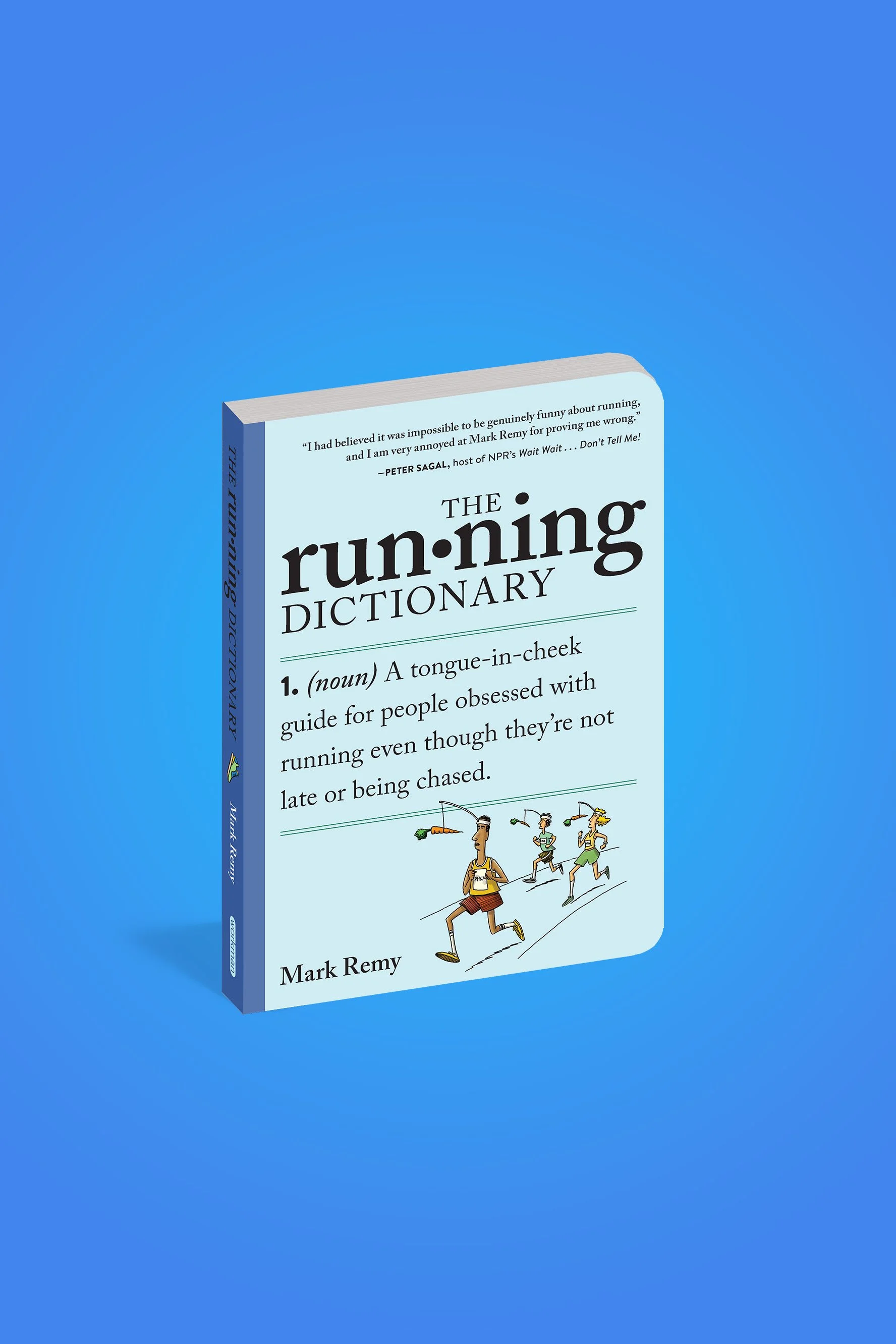Study: '1-Minute Workouts' Useless When It Comes to Shit You Can't Quantify
/iStockphoto.com
High-intensity training is once again in the news, thanks to a recent study suggesting that a 60-second burst of intense exercise can, as The New York Times puts it, be "as successful at improving health and fitness as three-quarters of an hour of moderate exercise."
The study, titled Twelve Weeks of Sprint Interval Training Improves Indices of Cardiometabolic Health Similar to Traditional Endurance Training despite a Five-Fold Lower Exercise Volume and Time Commitment, is just the latest in a string of studies touting the benefits of interval training—good news, the Times says, for those of us wondering, "How little [exercise] can I get away with?"
A different team of researchers, however, has just released its own findings on the subject. That team's conclusion: Such "1-minute workouts" are, in their words, "utterly worthless when it comes to the shit that can't be measured, which in this life is some of the most important shit of all."
"For real," they add.
These researchers, led by Dr. Cleavon Little of The Global Happiness Institute in Stockholm, followed a group of 96 healthy adults. Most of those adults soon got creeped out and asked the team to stop following them, so Dr. Little and his researchers recruited a fresh batch of subjects.
These were split into two groups. Half engaged three times weekly in the sort of 60-second interval workouts used in the previously cited study; the other half instead did trail runs on those days, each 40 to 60 minutes in duration and done at a fairly easy pace.
After 12 weeks, both groups were tested.
The interval-training group, as expected, showed significant gains in peak oxygen uptake, insulin resistance, and various things that can be measured in units like "milliliters of oxygen per minute per kilogram of body weight." They also, on average, had a little more time each week to Tweet and browse Amazon.com and stuff.
The trail-running group exhibited the same or nearly the same physiological gains as the first group. But, the researchers discovered, their activity yielded some remarkable additional benefits.
"Specifically," said Dr. Little, "their souls were healthier. They were happier and more at peace and much more likely to report having noticed something really cool, like a hawk. In essence they felt better about themselves, life, and the universe."
Why?
"This is just a wild hunch," Dr. Little said, "but we think it's because they were outside running and breathing and living instead of, you know, engaging in some grim, frantic attempt to 'improve indices of cardiometabolic health' in the shortest amount of time possible because they've bought into this notion that health and fitness can be reduced to tables of data, that exercise—otherwise known as 'moving'—is awful and something to be avoided or minimized, and that 'no one has time' to exercise even though the average American watches nearly three hours of TV a day."
"Again," Dr. Little added, "just a hunch."
In conclusion, Dr. Little's study determined, "Take half an hour and go for a run. For f***'s sake."



